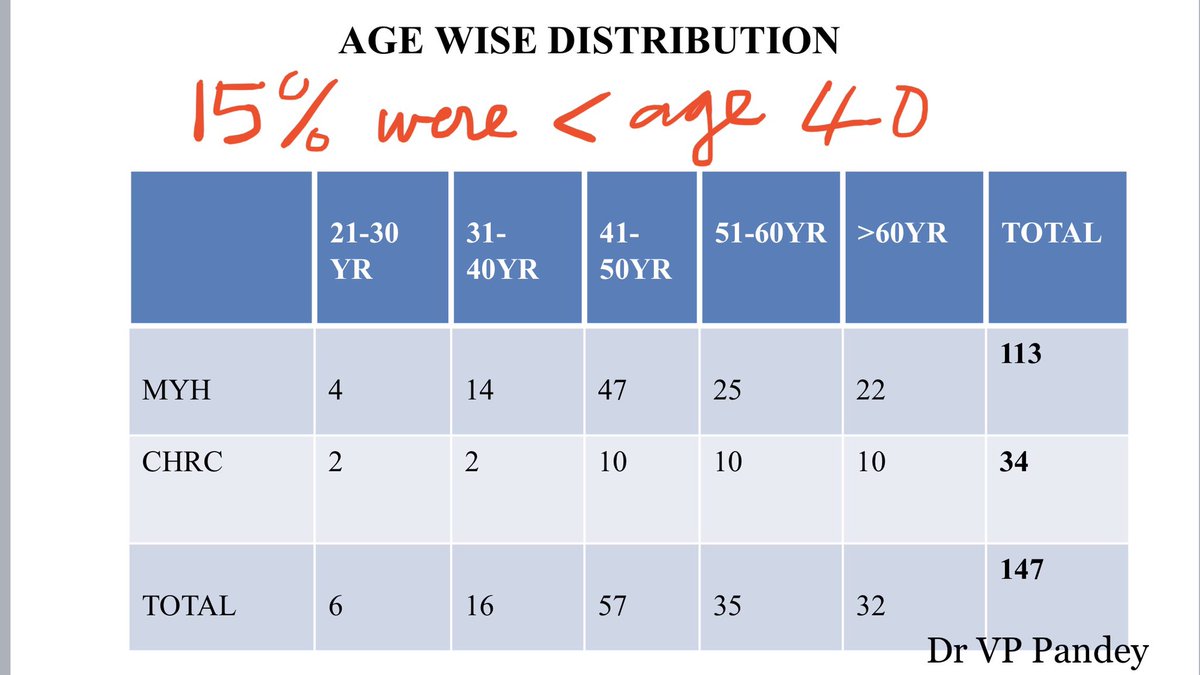
Are Zinc supplements to blame for "Black Fungus"? (this is an interesting hypothesis, NOT an assertion) See thread for summaries of papers from 1996, 2013.
Fact: Fungi feed on Zinc.
Mammalian cells try to escape fungal invasion by "starving" the fungus of zinc, by hiding it.
1/9
Fact: Fungi feed on Zinc.
Mammalian cells try to escape fungal invasion by "starving" the fungus of zinc, by hiding it.
1/9
Thread
Vertebrate cells (includes mammals) keep zinc "out of sight" of fungi.
In fact, some fungi dispatch "zinc-fetching molecules" ("Zincophores") into the vicinity, which search for "any zinc that's lying around" & bring it back.
See 2012 paper:
2/9
ncbi.nlm.nih.gov/pmc/articles/P…
Vertebrate cells (includes mammals) keep zinc "out of sight" of fungi.
In fact, some fungi dispatch "zinc-fetching molecules" ("Zincophores") into the vicinity, which search for "any zinc that's lying around" & bring it back.
See 2012 paper:
2/9
ncbi.nlm.nih.gov/pmc/articles/P…
These self-defence processes against invading fungi, collectively known as "nutritional immunity" help us limit microbial growth, and enhance killing of the invader. Successful pathogens have developed strategies to counteract this and acquire essential micronutrients.
3/9
3/9
Rhizopus delemar (previously R oryzae), one of the main species causing under Mucormycosis encodes 3 cell surface zinc importers. Ref 2015 paper.
In fact, this fungus is used for industrial purposes eg. for alcohol production from fermenting ability.
4/9
ncbi.nlm.nih.gov/pmc/articles/P…
In fact, this fungus is used for industrial purposes eg. for alcohol production from fermenting ability.
4/9
ncbi.nlm.nih.gov/pmc/articles/P…
Rhizopus "does its work well" by producing more glucoamylase while it is grown in a medium rich in zinc.
Ref. This Japanese paper from 1996 that looked at ways to make the fungus work more efficiently (fermenting) in the alcohol industry.
5/9
sciencedirect.com/science/articl…
Ref. This Japanese paper from 1996 that looked at ways to make the fungus work more efficiently (fermenting) in the alcohol industry.
5/9
sciencedirect.com/science/articl…
This pre-pandemic paper (2019) looks at the potential use of zinc-chelators (that remove zinc) in mucormycosis, in combination with other antifungal agents such as Posaconazole and Amphotericin B, demonstrating effect in certain combinations.
6/9
aac.asm.org/content/63/5/e…
6/9
aac.asm.org/content/63/5/e…
Conclusion (see thread above)
The sudden appearance of serious cases of mucormycosis in the setting of the pandemic necessitates a WIDE search for contributing factors.
High sugars, low immunity and steroids are known.
Do the widespread use of zinc supplements have a role?
7/9
The sudden appearance of serious cases of mucormycosis in the setting of the pandemic necessitates a WIDE search for contributing factors.
High sugars, low immunity and steroids are known.
Do the widespread use of zinc supplements have a role?
7/9
It will be easy to find an answer, by simply analyzing the cases seen so far, listing all their medications, medical history and other parameters, and comparing them to similar patients who DID NOT have mucormycosis. (Large no's need to be studied, to avoid wrong conclusions)
8/9
8/9
I am attaching a thread by Dr Vikram Sakaleshpur Kumar @vikkypaedia who was the first person to point out this possibility to me.
9/9
9/9
https://twitter.com/vikkypaedia/status/1395999097945948161?s=20
Dr A.K. Singh @singhak_endo had raised this possibility too. I am attaching his diagram from the tweet, along with my appreciation for his calligraphic handwriting.

https://twitter.com/singhak_endo/status/1389668404575965186?s=20

Although initially given by some doctors "in good faith" (at a time when there was no published evidence on what works and what does not), there has since been ample proof that consuming zinc or vitamins does not offer any benefit for COVID-19 patients.
firstpost.com/health/vitamin…
firstpost.com/health/vitamin…
This 2013 paper from Egypt shows the ability of Mucor to absorb zinc from the environment.
They were attempting to use it as a biomass to reduce heavy metal pollution of water.
mycosphere.org/pdf/Mycosphere…
They were attempting to use it as a biomass to reduce heavy metal pollution of water.
mycosphere.org/pdf/Mycosphere…
• • •
Missing some Tweet in this thread? You can try to
force a refresh











